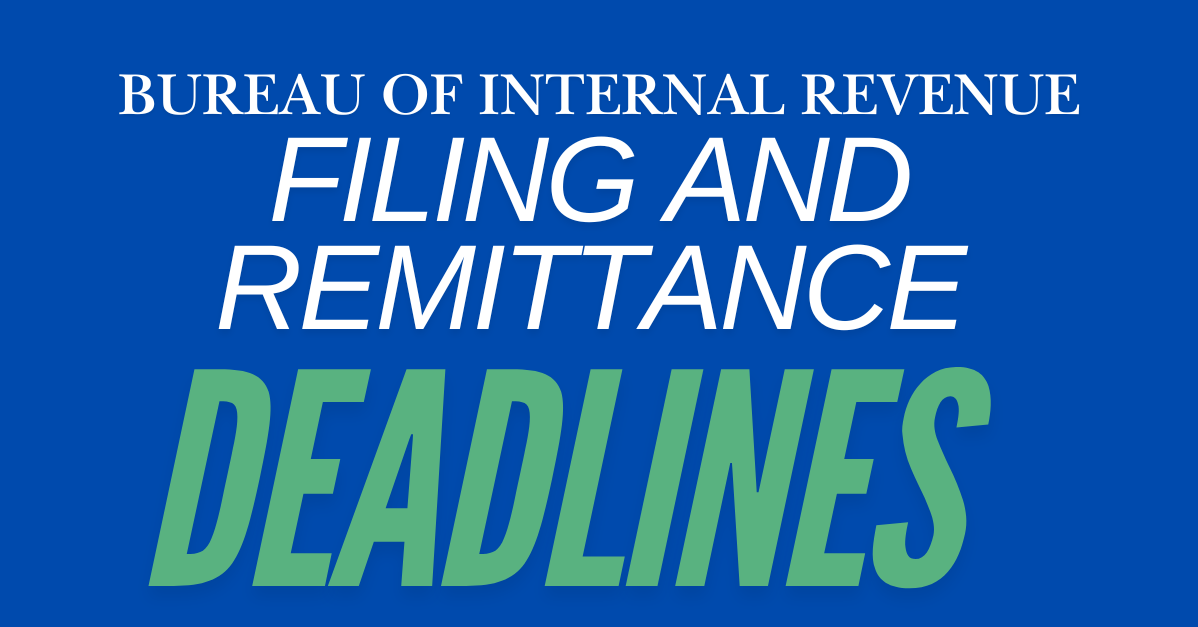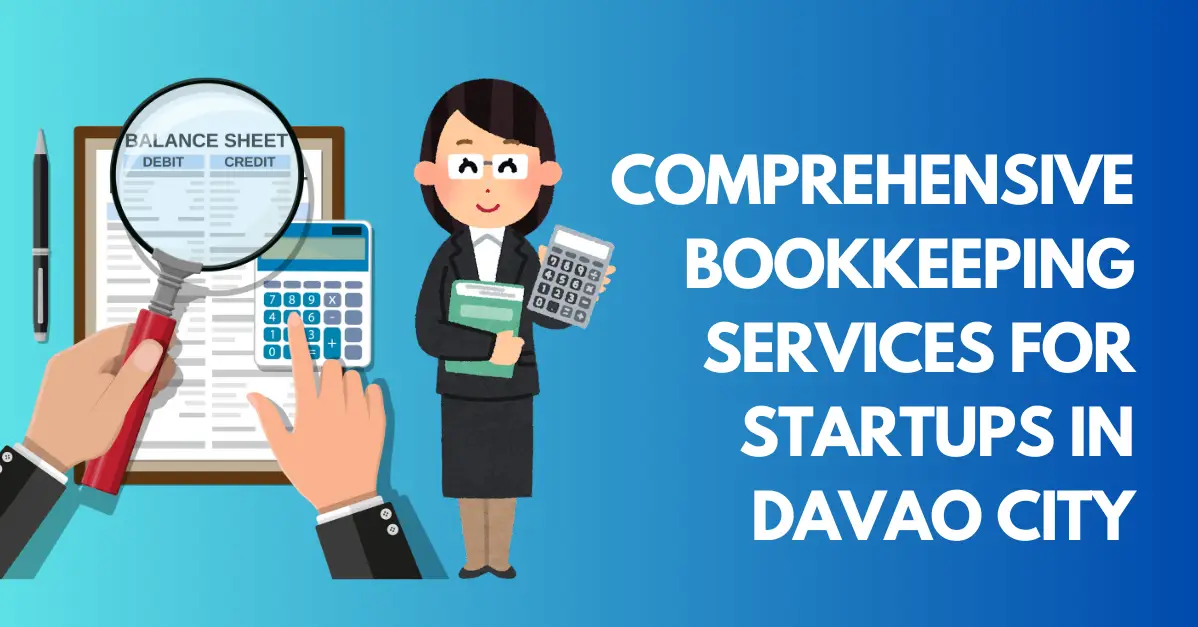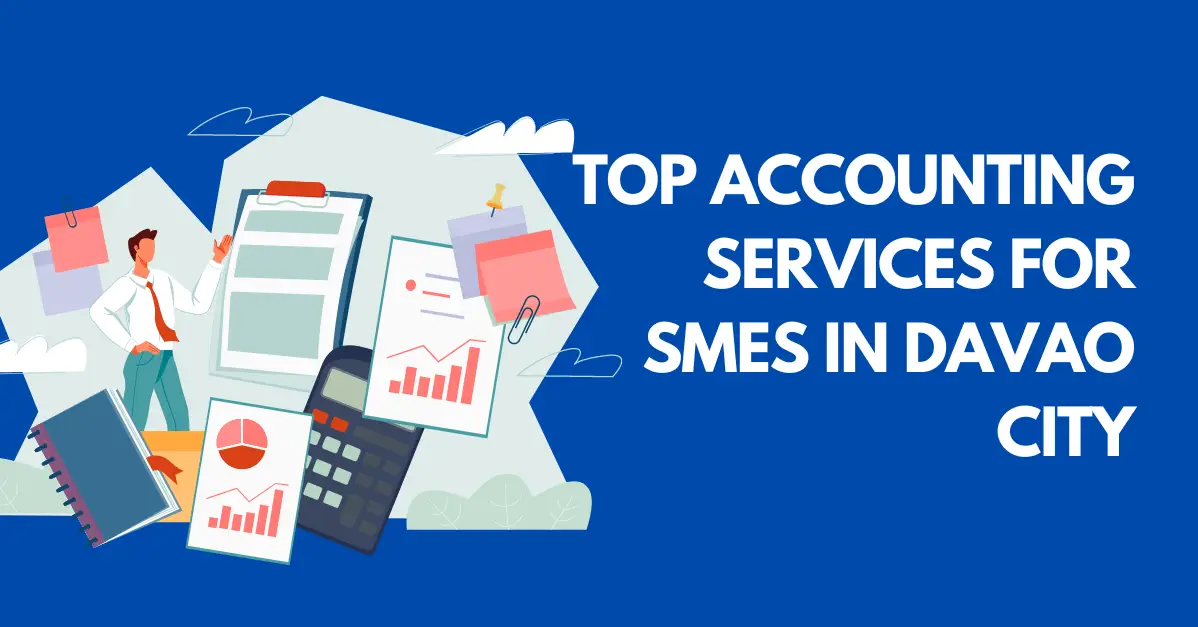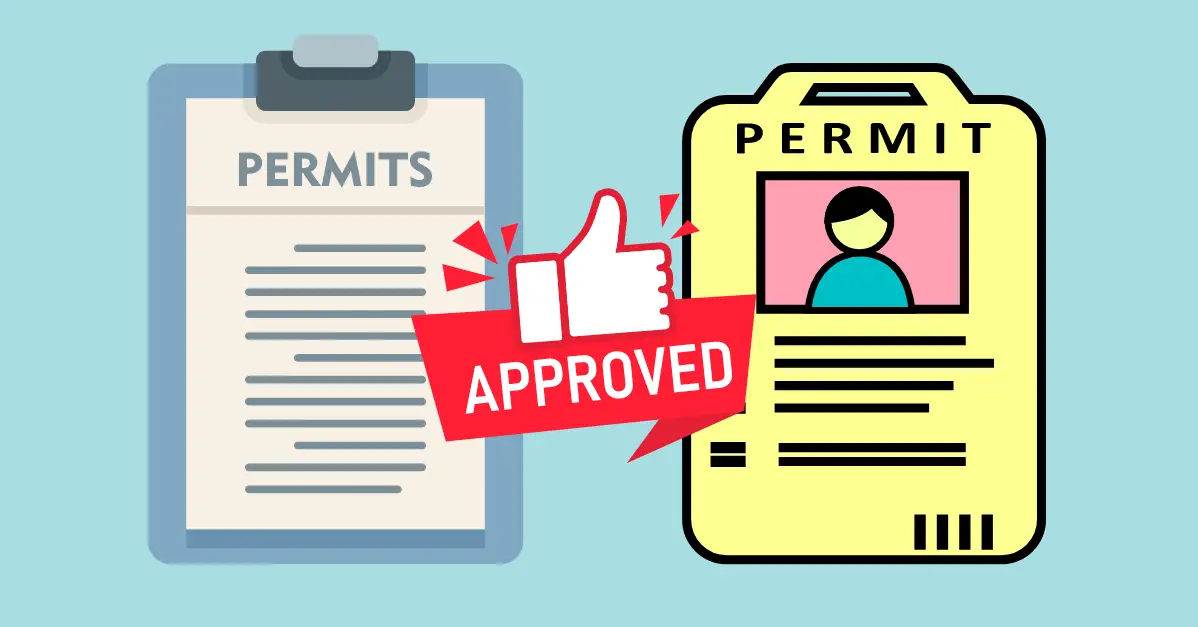For companies operating in the Philippines, staying compliant with annual filing requirements is crucial to maintaining good standing with regulatory authorities. Failure to meet these obligations can result in penalties, fines, or even the revocation of business licenses.
This guide provides a comprehensive overview of the essential annual filings companies in the Philippines must complete, helping you navigate the process smoothly.
Table of Contents
Toggle1. General Information Sheet (GIS)
What It Is:
The General Information Sheet (GIS) is a document that provides detailed information about a company’s structure, including its directors, officers, stockholders, and principal office address.
When to File:
The GIS must be submitted to the Securities and Exchange Commission (SEC) within 30 days after the company’s annual stockholders’ meeting, typically within the first few months of the year.
Key Points:
• The GIS should accurately reflect the company’s current structure and any board of directors or officers changes.
• The SEC requires that the GIS be notarized before submission.
2. Audited Financial Statements (AFS)
What It Is:
The Audited Financial Statements (AFS) provide a detailed overview of a company’s financial performance over the past fiscal year. The AFS must be prepared by a certified public accountant (CPA) and approved by the company’s board of directors.
When to File:
The AFS must be filed with the SEC within 120 calendar days after the end of the company’s fiscal year. For most companies, this deadline falls on April 30th if the fiscal year ends on December 31st.
Key Points:
• Companies with gross sales or revenues exceeding PHP 3 million must submit their AFS.
• A cover sheet should accompany the AFS, and all pages should be stamped with the SEC’s “received” stamp.
3. Income Tax Return (ITR)
What It Is:
The Income Tax Return (ITR) is an annual filing that details the company’s income, expenses, and tax liabilities. The ITR is submitted to the Bureau of Internal Revenue (BIR).
When to File:
The ITR must be filed on or before the 15th day of the fourth month following the end of the company’s fiscal year. For most companies with a December 31st year-end, this deadline falls on April 15th.
Key Points:
• Companies must use BIR Form 1702 for corporations and partnerships.
• The ITR must be accompanied by the AFS and a duly accomplished BIR Form 1709 (if applicable).
4. Annual Registration Fee
What It Is:
The Annual Registration Fee is a mandatory fee that all businesses must pay to the BIR to renew their registration for the current year.
When to File:
The fee must be paid on or before January 31st of each year.
Key Points:
• The fee is PHP 500.
• Businesses must submit BIR Form 0605 along with the payment.
Read More: Assistance in Handling BIR Tax Assessment in Davao City
5. Barangay Clearance
What It Is:
The Barangay Clearance is a document that certifies the company’s compliance with local regulations at the barangay (village) level where the business operates.
When to File:
The Barangay Clearance must be renewed annually, typically at the start of the year.
Key Points:
• The clearance is required before renewing the business permit.
• Companies must pay a fee, which varies depending on the barangay.
6. Business Permit Renewal
What It Is:
The Business Permit, also known as the Mayor’s Permit, is a license that allows a company to operate within a specific locality.
When to File:
The Business Permit must be renewed annually, typically by January 20th.
Key Points:
• The permit must be renewed at the local government unit (LGU) where the business is registered.
• Requirements include the Barangay Clearance, previous year’s permit, and proof of tax payment.
7. BIR Form 1604-CF and 1604-E
What It Is:
These forms are used to report the final withholding taxes on compensation (1604-CF) and expanded withholding taxes (1604-E) for the preceding year.
When to File:
Both forms are due on or before January 31st of the following year.
Key Points:
• These filings ensure that all taxes withheld from employees and suppliers are properly accounted for and remitted to the BIR.
• Accompany these forms with the annual alpha list of employees and suppliers.
You Might Also Be Interested: Tax Compliance Services in Davao City
8. Renewal of Other Regulatory Licenses
Depending on the industry, companies may need to renew additional licenses or permits from various regulatory bodies. These could include environmental clearances, industry-specific certifications, and other government agency registrations.
When to File:
Deadlines vary depending on the specific license or permit, but most are due annually.
Key Points:
• Ensure all relevant licenses and permits are renewed to avoid interruptions in business operations.
• Check with the specific regulatory bodies for the exact requirements and deadlines.
Conclusion
Compliance with annual filing requirements is essential for maintaining legal standing and smoothing up your business in the Philippines. Understanding and adhering to these deadlines will help avoid penalties and ensure your company remains in good standing with regulatory authorities. If navigating these requirements seems daunting, Davao Accountants can assist with every step of the process, ensuring that your filings are accurate, timely, and fully compliant with Philippine regulations.











